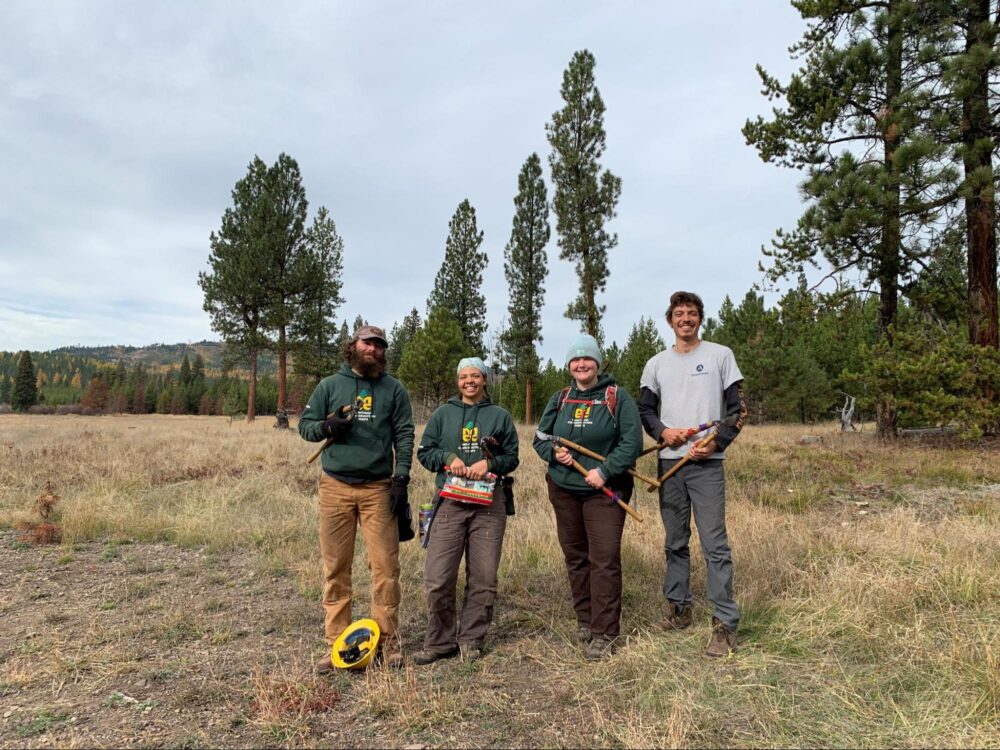We have much more to do and your continued support is needed now more than ever.
Outdoor Play in the 20s and 30s: An Audio Archive

Welcome to the Free Play Project, which celebrates the history of unstructured, spontaneous play for children in the United States by gathering audio recordings of people’s memories of stickball, marbles, and other outdoor games.
I was inspired by the Library of Congress’s Veterans’ History Project, which collects soldiers’ personal war stories, and by Bird Notes, a lovely podcast feature on National Public Radio that plays a bird song and then tells something about the bird, such as the shy wood thrush that calls at dusk in deciduous forests around my home in New England.
On the face of it, veterans’ tales and bird songs don’t have much in common, but in both instances we are recovering something that is lost, is becoming lost, or is no longer understood. Free play for children in America falls under all three categories.
We begin by interviewing people that grew up during the Great Depression, a generation that is quickly disappearing. Many faced financial hardships as children, and, when I interviewed them, they talked about playing with little to no resources, a lesson we could heed in our own hard economy.
Hear the stories of the outdoor games played by Connie Cain (b. 1924) and Nick Lavnikevish (b. 1920) during the Great Depression. Also, refresh your memory on the rules to your favorite outdoor games,
During the Depression, there were no jobs for kids. There were no jobs for adults. Almost all of the men and women I spoke with remember a father or mother losing a job after the great Stock Market Crash of 1929. As one man who grew up outside of Boston recalled, “My dad came home and said, ‘All done; no more work.’ And he didn’t get another regular job for many years. We moved many times, from house to flat to flat and then, finally, to a house again, when things improved.”
They all shared a collective sense of lacking as children that they assuaged with street play. Of course, not all of them achieved joy, especially those growing up in poor rural areas or harsh inner city neighborhoods. It’s easy to be nostalgic for what was, but much of what they experienced sprang from neglect and want. We can’t, won’t and probably shouldn’t reclaim what they knew in its entirety but we should preserve it (and maybe borrow a little!).
The spirit that carried Americans through the Great Depression and World War II sprang, in part, from the street play of their youth, which required creativity, resourcefulness and self-reliance.
For now, I am collecting tales from people who live near me in New England, but I hope to expand the project with help from readers like you. Share your own outdoor play memories on Facebook and Twitter!




















